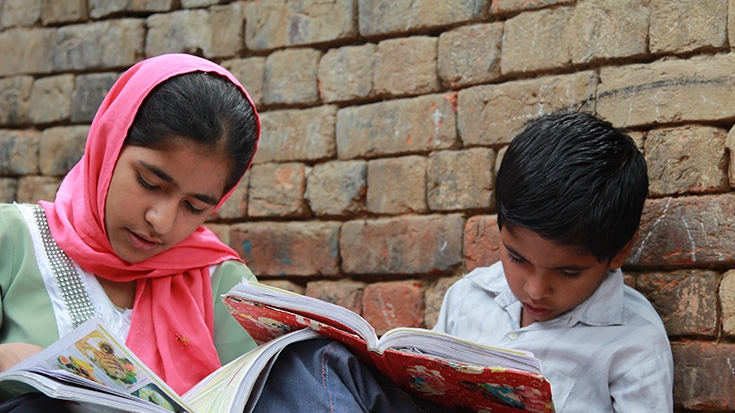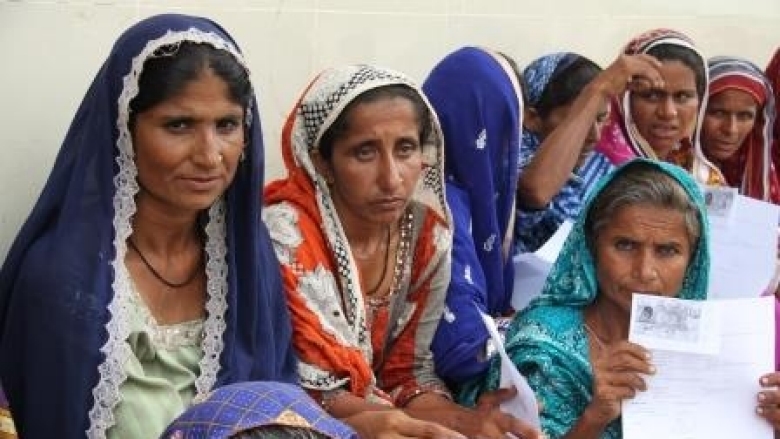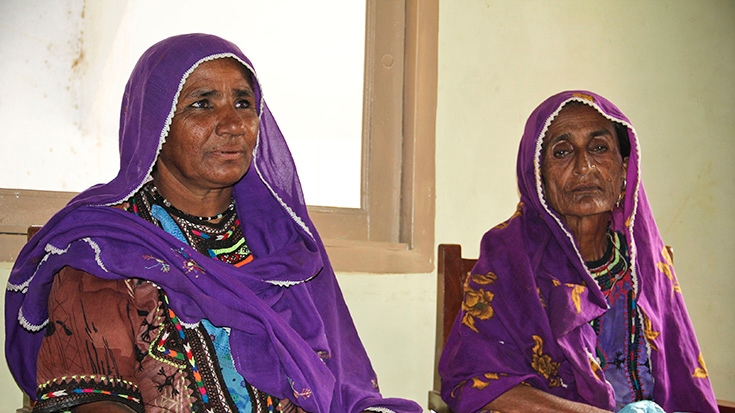Launched in 2008, Pakistan’s flagship national safety net program, the Benazir Income Support Program (BISP), is currently providing income support though predictable $15 monthly cash transfers to more than 5.2 million families of the country's nearly 20 million poorest people.
Over $3.5 billion has so far been disbursed to beneficiaries and the program aims to reach 5.3 million families by the end of the current financial year.
To further support these families and promote human capital development amongst the poorest, effective 2012, BISP has rolled out a top up Co-responsibility Cash Transfer (CCT) program, linked with primary school education of beneficiaries’ children.
Since BISP delivers transfers to female members of the families, this has significantly contributed to women empowerment and promoting financial inclusion. With a variety of innovations and building blocks of Social Protection systems, BISP is evolving as a national platform for provision of targeted services to the poor.


